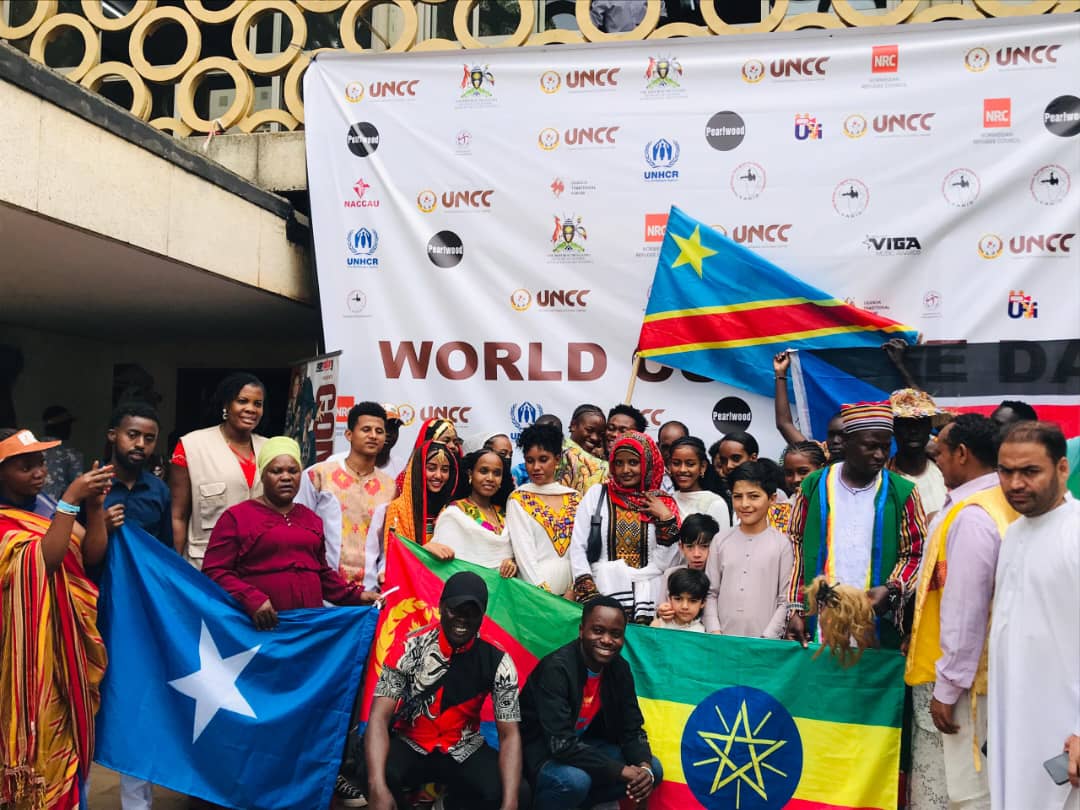Uganda Observes World Cultural Day

Uganda joined the global community in celebrating the World Day for Cultural Diversity for Dialogue and Development, focusing on the power of cultural heritage and the creative economy to promote national cohesion and development.
Presiding over the national event, Minister of State for Gender and Cultural Affairs, Hon. Peace Mutuuzo, underscored that culture is both a reflection of Uganda’s past and a foundation for its future.
“Culture is not just a reflection of our past — it is the foundation of our identity today and a guide for our future,” Minister Mutuuzo said.
“Uganda is blessed with a wealth of both tangible and intangible cultural heritage, from languages, music, dance, and festivals to traditional knowledge, crafts, architecture, and customs.”
Themed “Culture and Creative Industries: An Opportunity for National Identity and Employment Creation, with Emphasis on Refugee Participation,” this year’s observance highlighted the vital contribution of cultural expression to economic empowerment, especially among marginalized communities.
Minister Mutuuzo announced the upcoming rollout of a National Cultural Policy Implementation Framework aimed at unlocking the creative sector’s potential by promoting cultural entrepreneurship, improving access to markets and financing, and strengthening copyright protections.
The ministry is collaborating with institutions such as the Uganda National Cultural Centre (UNCC), Uganda Registration Services Bureau (URSB), and Uganda National Commission for UNESCO to foster a supportive environment for creative industries.
“As we gather here today, let us remember that embracing cultural diversity goes hand in hand with dialogue, peacebuilding, and mutual respect. Through diversity, we find strength, innovation, and shared prosperity,” she urged.
Professor Wasajja Kiwanuka, Chairperson of the Uganda Traditional Forum, praised the event’s theme as timely and vital, emphasizing culture’s role beyond ceremony—as a pillar of the national economy.
“Culture is not an ornament — it is our economy, our memory, and our medicine,” Professor Wasajja said. He launched his latest book, Bibyo, described as a sacred text preserving African traditional spirituality and indigenous knowledge for modern governance.
“Let leaders be guided by truth, not politics. Let ancestral wisdom — not corruption — steer our national destiny,” he concluded.
The event also highlighted the importance of integrating refugees into Uganda’s cultural development agenda, acknowledging their contributions to the creative economy and Uganda’s reputation for cultural pluralism.
Artists, cultural leaders, policymakers, and representatives from refugee-hosting districts participated, showcasing a rich tapestry of music, art, and traditions that reinforced the theme of unity through cultural expression.



0 Comments